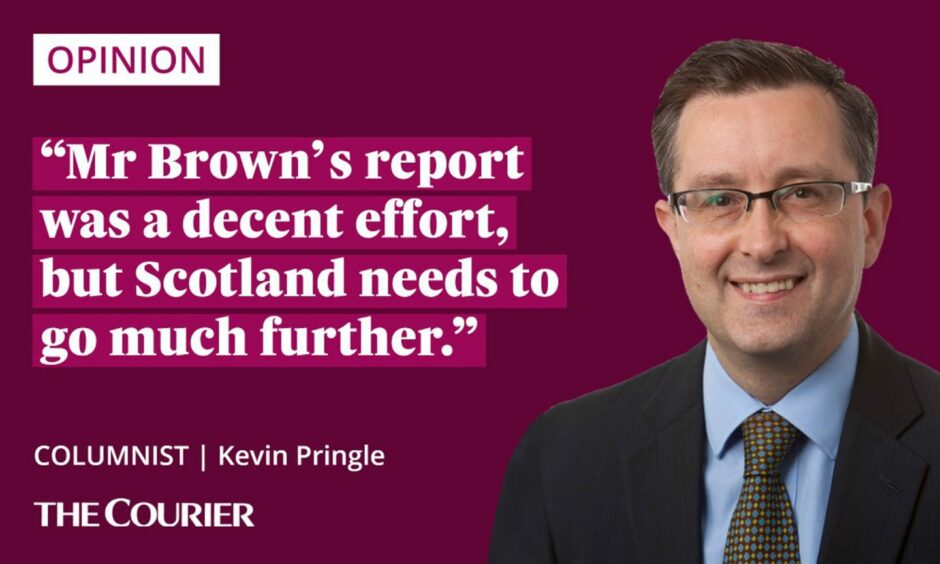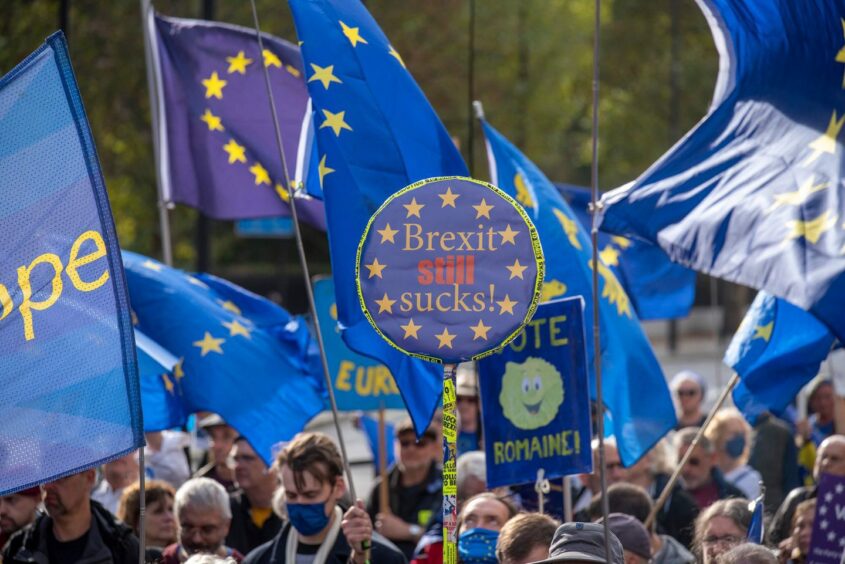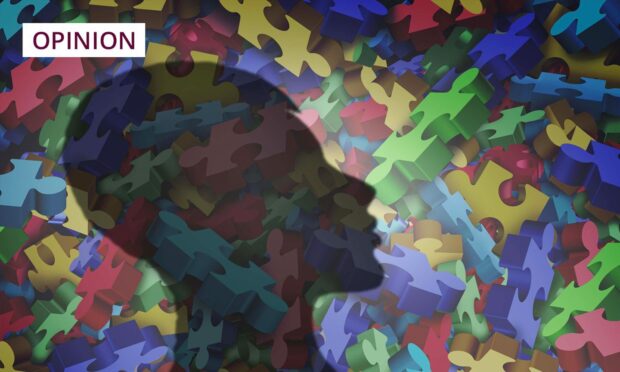This week’s report of the Labour Party commission on the UK’s future, chaired by the former prime minister, provided a service in laying bare the scandal of poverty.
The diagnosis of Britain’s economic and social inequality was much more compelling than the recommendations made for constitutional and political change, useful though these are.
Citing the internationally recognised evidence of Professor Philip McCann, Chair of Urban and Regional Economics at Manchester University, the commissioners reported themselves “shocked” to discover that: “Half the UK population live in areas no better off than the poorer parts of the former East Germany, poorer than parts of central and Eastern Europe.”

They went on: “He showed us that that half the population lives in areas where people are poorer than the US states of Mississippi and West Virginia and the quality of life is no better than in Tennessee and Alabama – some of the poorest states in the USA.”
This state of affairs will come as less of a shock to those who wake up in such blighted circumstances every day.
Gordon Brown is right to target de-centralisation – for Scotland and elsewhere
According to Professor McCann, no other large, developed country has as an economy as geographically unequal as the UK’s is across so many measures.
The Midlands and North of England score particularly badly on their low quality of life.
Labour’s commission is correct to identify that spreading political power and extending economic opportunity go hand in hand.
The UK’s centralised model of government is part and parcel of its unequal society.
That is why Mr Brown’s prescription to reform how things are done at the centre – in Westminster and Whitehall – and to shift control out to the nations and regions, is the right way to start curing Britain’s dysfunctionality.
But there are three problems.
Labour won’t accept Brexit blame
First, for reasons of political expediency, the diagnosis is incomplete.
The report’s third sentence cites that the UK’s “immediate crisis” has been caused by “the aftermath of Covid, the war in Ukraine, energy price rises, and inflation.”
It isn’t credible to leave Brexit off this list.
Part of the solution to the UK’s woes should be at least joining the single European market.
But Labour doesn’t want to go there.
Didn’t Gordon Brown promise Scotland this in 2014?
Second, it was the same Mr Brown who assured us in the run-up to the independence referendum that the sort of reform he proposes now would happen then if the people of Scotland voted No.
As he said in August 2014: “We’re going to be, within a year or two, as close to a federal state as you can be in a country where one nation is 85% of the population.”
It turns out that “as close to” federalism is about as close as Earth is to the stars of Alpha Centauri: light years away.
If the UK still has to be fundamentally changed, it follows that this wasn’t done in the aftermath of the 2014 referendum.
The tax and welfare powers transferred from Westminster to the Scottish Parliament at that time were welcome.
But the centre was left wholly unreformed.
Scotland needs bolder change from Labour
Third, aside from abolishing the House of Lords (to be phased in at some point), the rest of the package, particularly as it relates to Scotland, was more ‘timid mouse’ than ‘lion rampant’.
'We want to abolish the House of Lords and replace it with an elected chamber'
Sir Keir Starmer spoke to #BBCBreakfast as he promises "the biggest ever transfer of power from Westminster to the British people" if Labour wins the next General Electionhttps://t.co/2QIr9OkiGV pic.twitter.com/ARytmYjl9o
— BBC Breakfast (@BBCBreakfast) December 5, 2022
Devolving the job centre network to Scotland makes sense.
But it should have happened long ago.
The recommendation that Holyrood could enter into agreements with other nations in devolved areas is bolder.
However, Scotland should be free to develop its own relationship with the EU, including being in the single market.
Mr Brown’s report was a decent effort, but Scotland needs to go much further.














Conversation